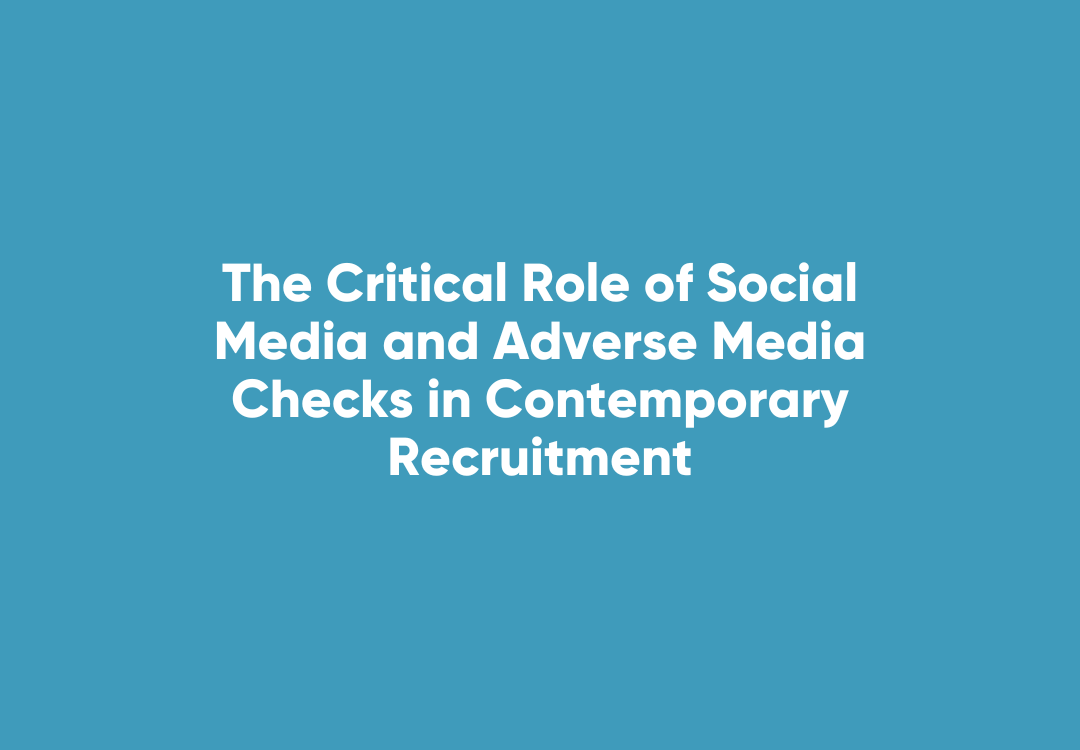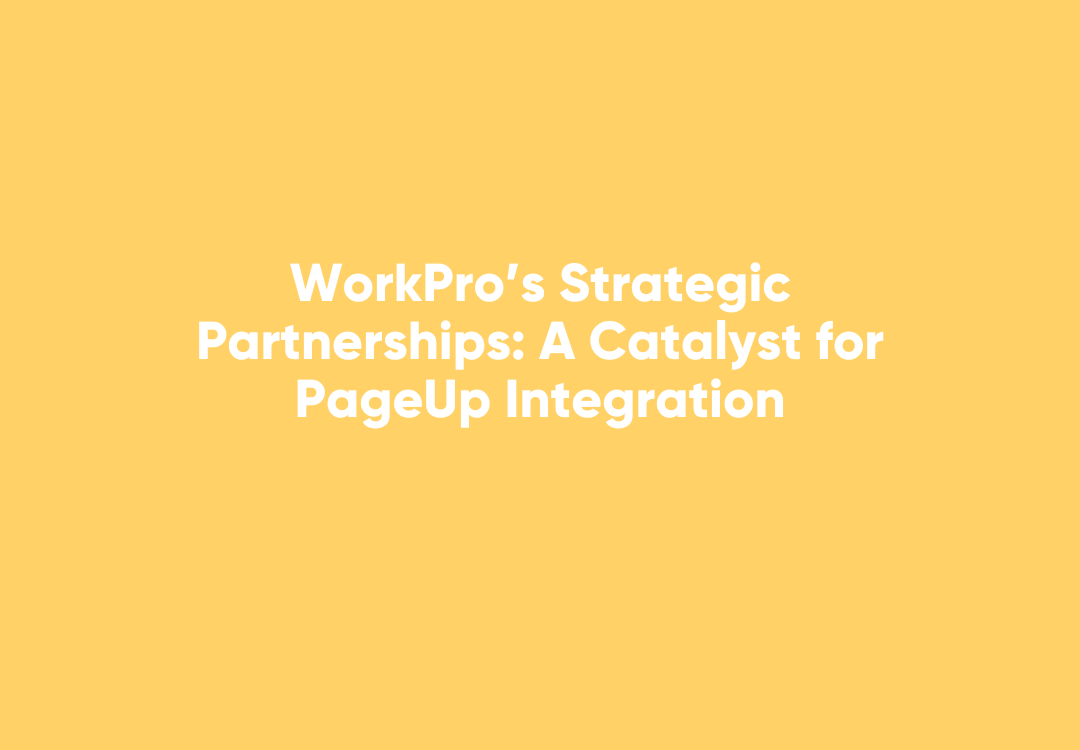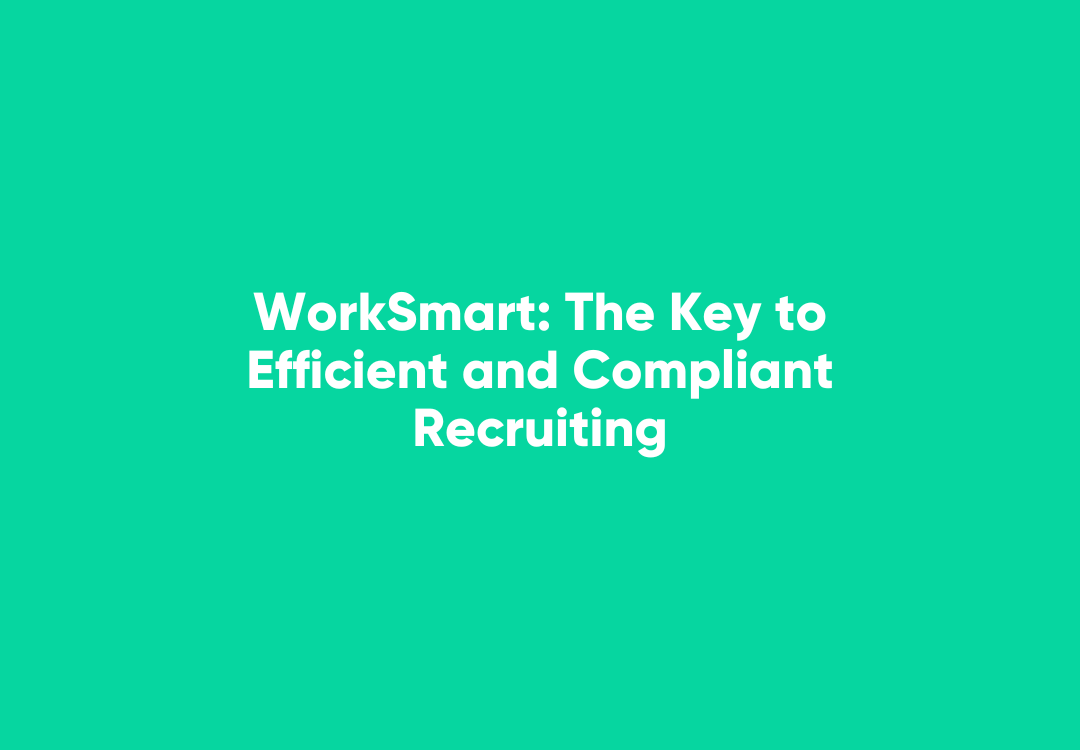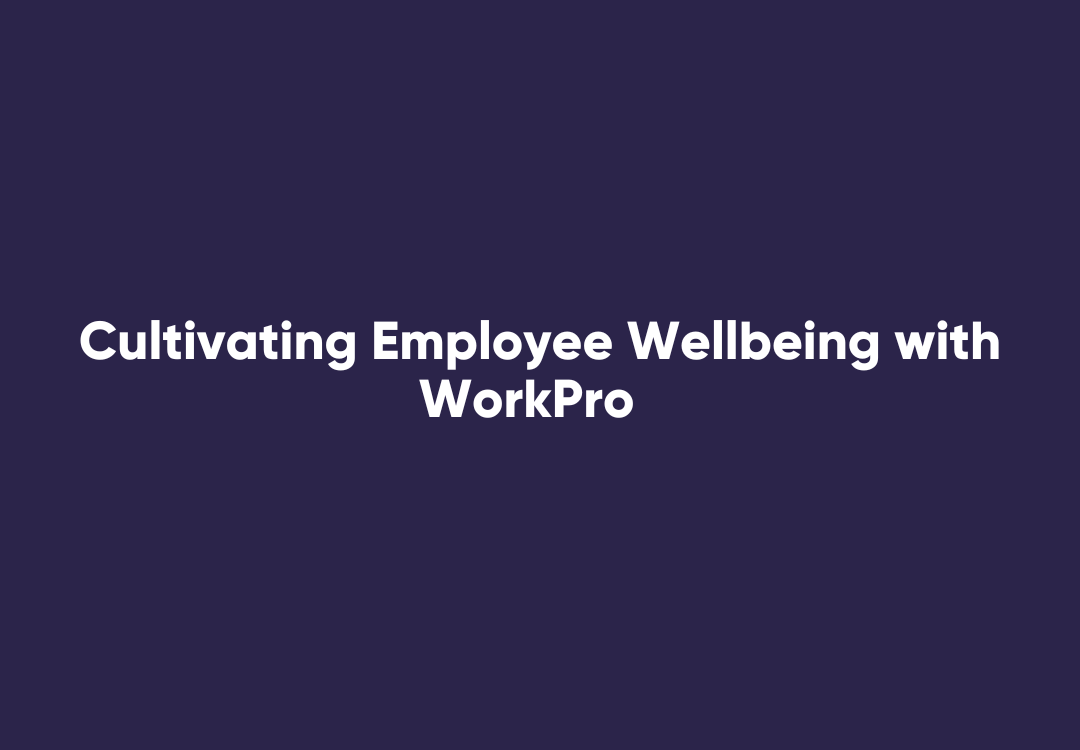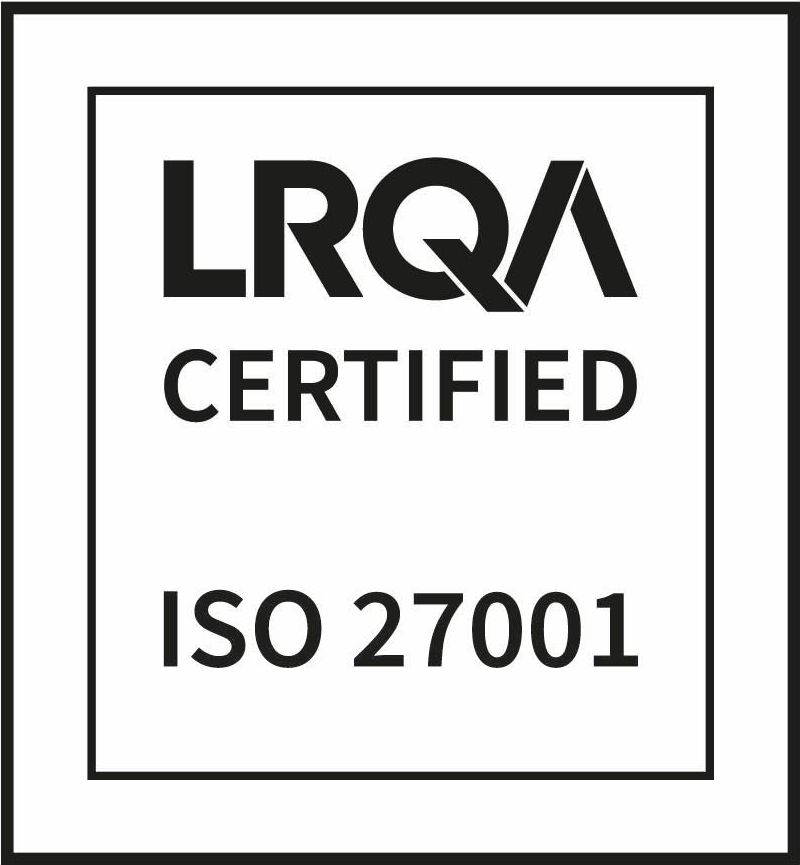Avoid ‘Knee Jerk’ Reactions if Your Employee Has a Criminal History
In an article by published in HCM magazine early February 2016 authored by Lawyer Trent Hancock of McDonald Murholme Law, employers that refuse to hire someone on the basis of their past criminal convictions could be violating international obligations.
Additionally, commentary published in a recent Shortlist article on the same subject by Holding Redlich Lawyers, suggested employers need to apply caution when making an employment decision about someone with a criminal history.
The bottom line is that national criminal history checks are today very much part of applicant screening, therefore the process needs to be handled with sensitivity regardless of whether the returned check result is positive or negative.
WorkPro, a specialist in workforce compliance has more than 8 years’ experience in managing police checking with hundreds of Australian and New Zealand businesses working with us daily to process many tens of thousands of checks.
We work very closely with the Federal Government body that administers criminal history information to ensure that an appropriate level of scrutiny is applied to negative outcomes, and we can support customers queries about check outcomes if or when they arise – an important part of the investigation process to mitigate discriminatory action by candidates.
WorkPro offers the following advice when managing criminal history checks:
- As part of the check submission process, you need to provide information about the role the person will be undertaking and the industry or sector. This is an important step in the process as it will assist the Australian Criminal Intelligence Commission (ACIC) and the State jurisdiction if they are reviewing a check that has been triggered for further investigation to determine if an adverse outcome should be provided in the final result.
- If there is an adverse outcome from a check, it is important that the applicant has a right of reply. Where practicable, you need to have a face to face conversation with the applicant in case the result is not correct. Remember, manual invention is applied during this part of the process, and it may be that the information is incorrect.
- If there is an adverse action, do you understand the charge? If not, it is possible for WorkPro to assist you with deciphering the information through their close association with the Australian Criminal Intelligence Commission (ACIC) before you make a decision about the person’s employment.
- Depending on the charge, after a period of time, often known as ‘spent conviction’, the person is able to apply to have the charge removed from their record. The person needs to do this in person with their local police.
- If there is a charge, you need to consider the role the person is undertaking, the length of time between the charge and the date the check is conducted, the environment the person is working, and your companies risk profile as part of your decision-making process.
- Get legal advice – if you are considering not employing an applicant because of a criminal conviction, it is important that you seek independent legal advice and carefully document the outcome of those discussions. Key questions to ask: does the criminal investigation or past conviction prevent the employee from performing the inherent requirements of the position; is there an impact on the company’s reputation and commercial interests?
- It is critical that you have a clear organisational policy in place for managing police checks.
- Where does criminal checking fit in your recruitment/engagement process? WorkPro offers an immediate turnaround on checks, so our recommendation is explain to an applicant as part of the job advertisement/opening that a police check is necessary as part of the application process, and to complete their police check paperwork on-line up-front. You can submit the check during the initial interviewing stage, so that if you decide not to proceed with the applicant, you can do so from an informed position.
If you are found to be discriminatory, you may be ordered to take remedial action.
Hancock cited a recent example in the case AV v DIAL–AN–ANGEL Pty Ltd [2015] AusHRC 97 in which a recommendation was made that the employer update its policies and procedures, issue an apology to the prospective employee and make a payment of $5,000 to the prospective employee.
While the general protection provisions of the Federal Fair Work Act do not protect people from discrimination on the basis of previous criminal convictions, state based laws and policies render discrimination on the basis of an irrelevant criminal record unlawful.

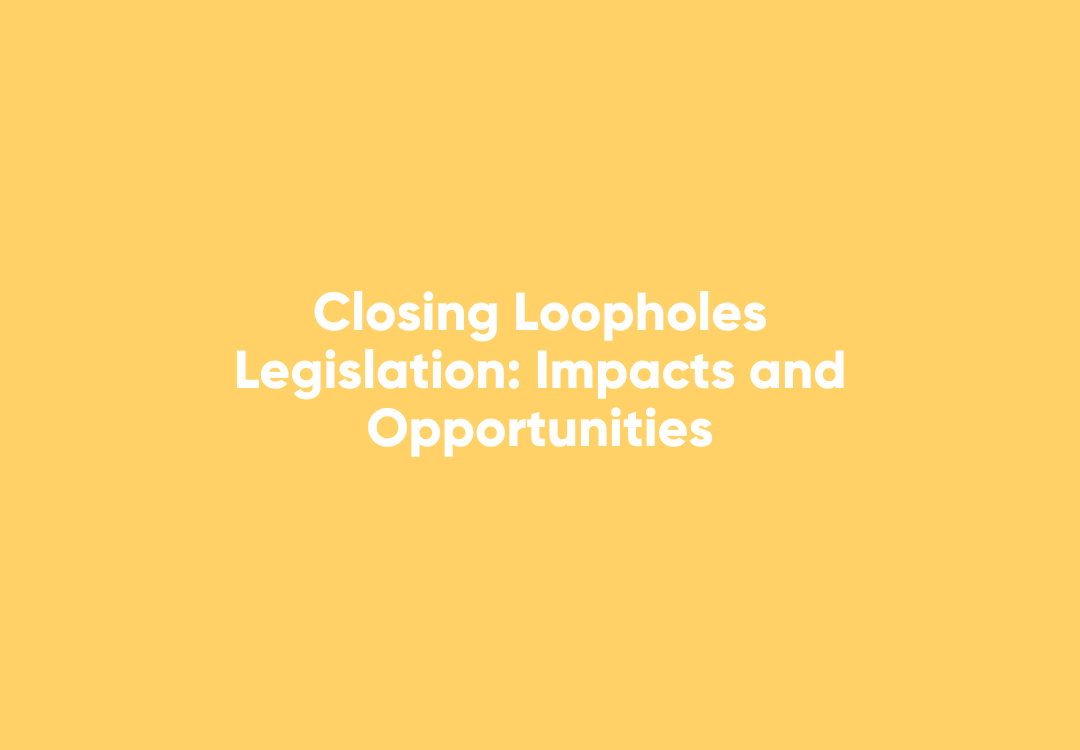
© Copyright 2024 WorkPro Privacy Policy | Terms of Service | Terms of access




